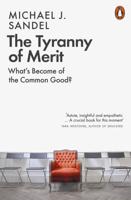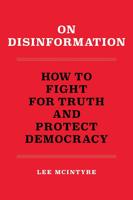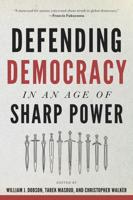Publisher's Synopsis
Conflicts of interest in both the public and private sectors have become a major matter of public concern worldwide. The OECD Guidelines define a conflict of interest as occurring when a public official has private-capacity interests that could improperly influence the performance of his or her official duties and responsibilities. However, identifying a specific conflict of interest in practice can be difficult. Resolving the conflicting interests appropriately in a particular case is something that most people find even more challenging. Managing Conflict of Interest in the Public Sector focuses on specific techniques, resources, and strategies for: Identifying, managing and preventing conflict-of-interest situations more effectively; and Increasing integrity in official decisionmaking that might be compromised by a conflict of interest. This toolkit provides nontechnical, practical help to enable officials to recognize problematic situations and ensure that integrity and reputation are not compromised. The tools themselves are provided in generic form. They are based on examples of sound conflict-of-interest policy and practice drawn from various OECD member and non-member countries. They have been designed for adaptation to suit countries with different legal and administrative systems.







